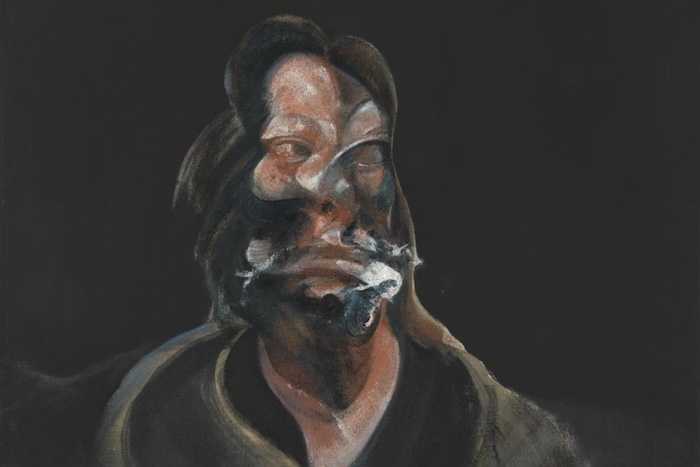
New York Groove: On Matthew Gasda’s The Sleepers
A narrative strategy of ambivalence is often a sure bet in the realistic novel. Gustave Flaubert complained that Harriet Beecher Stowe, in Uncle Tom’s Cabin, didn’t need to “make observations” about chattel slavery in the United States, she only needed to “depict it: that’s enough.” Flaubert’s observations still inspire writers and critics who argue the author should be a deity. On the other hand, we have the Bob Dylan of “The Lonesome Death of Hattie Carroll,” directing the congregant when it’s time to withhold tears, and when it’s time to cry. In his new novel, The Sleepers, Matthew Gasda rolls the dice more on the French side. It’s an ambivalent work that, at first glance, seems more contemporary than it is. We begin with Akari. We will all be as lucky as Akari, or so the novel leads us to believe. She arrives in New York from Los Angeles, a film industry worker, a UCLA grad, “toned and lean from yoga and Pilates classes, so she appeared longer than she was.” This long person walks instead of waiting for the “G” train, an in-joke local readers of this novel will recognize. Around her, people seem to be “running on some alternate energy source that did not burn as cleanly or as efficiently as sleep.”

